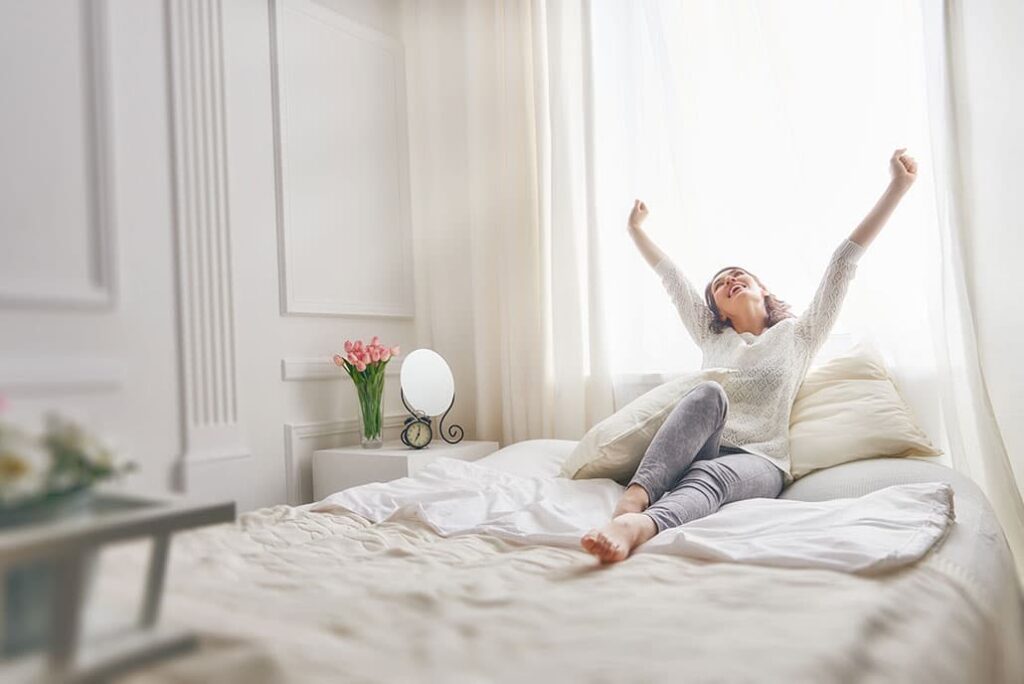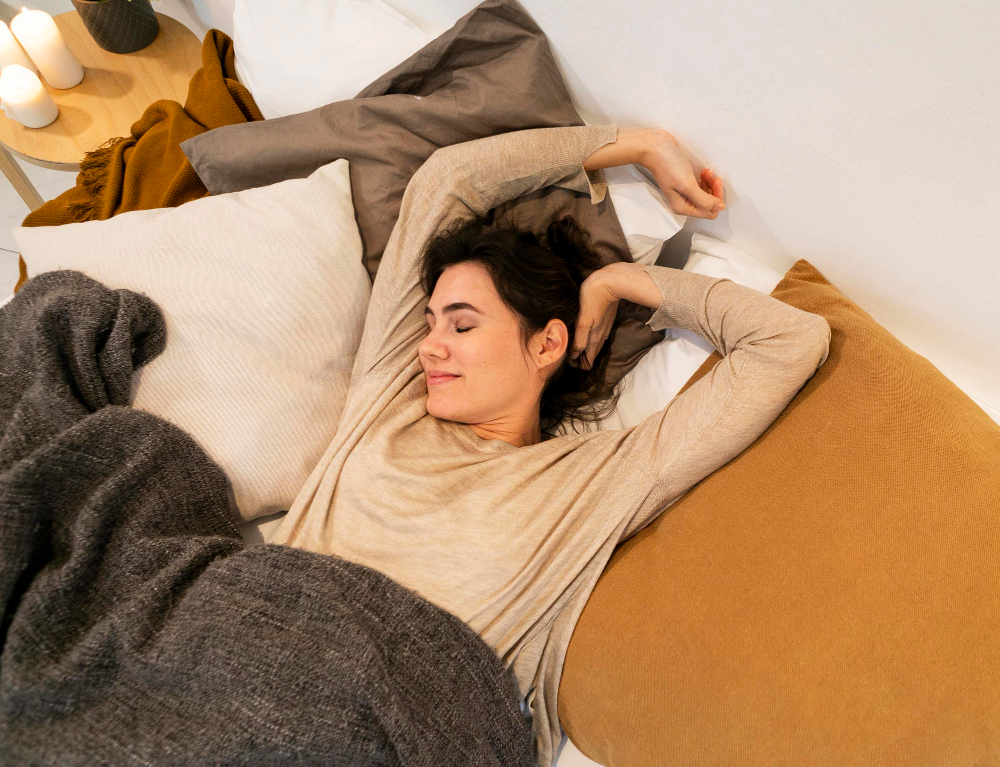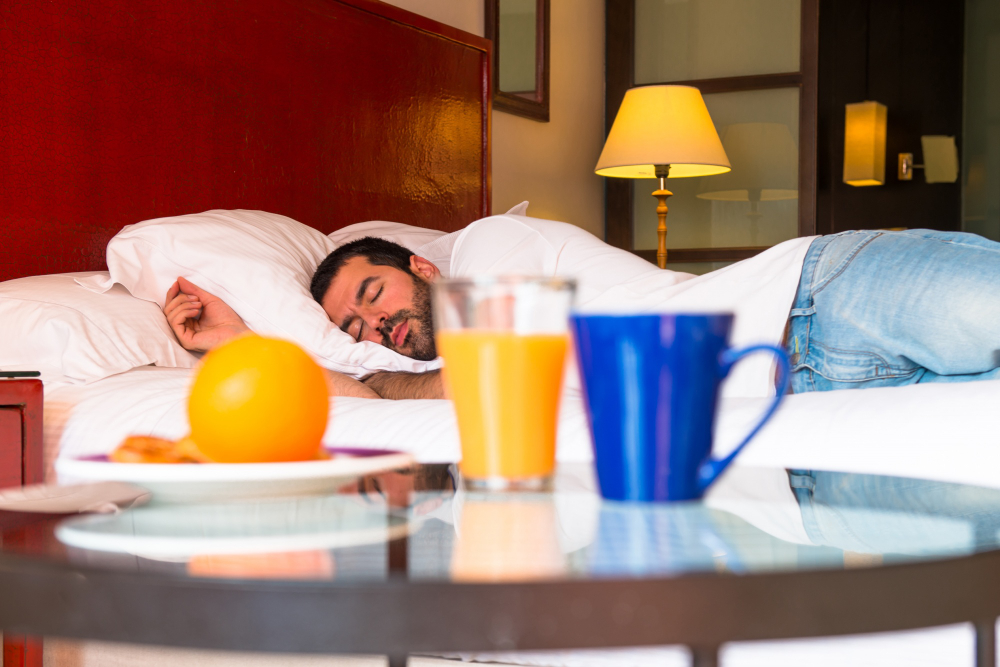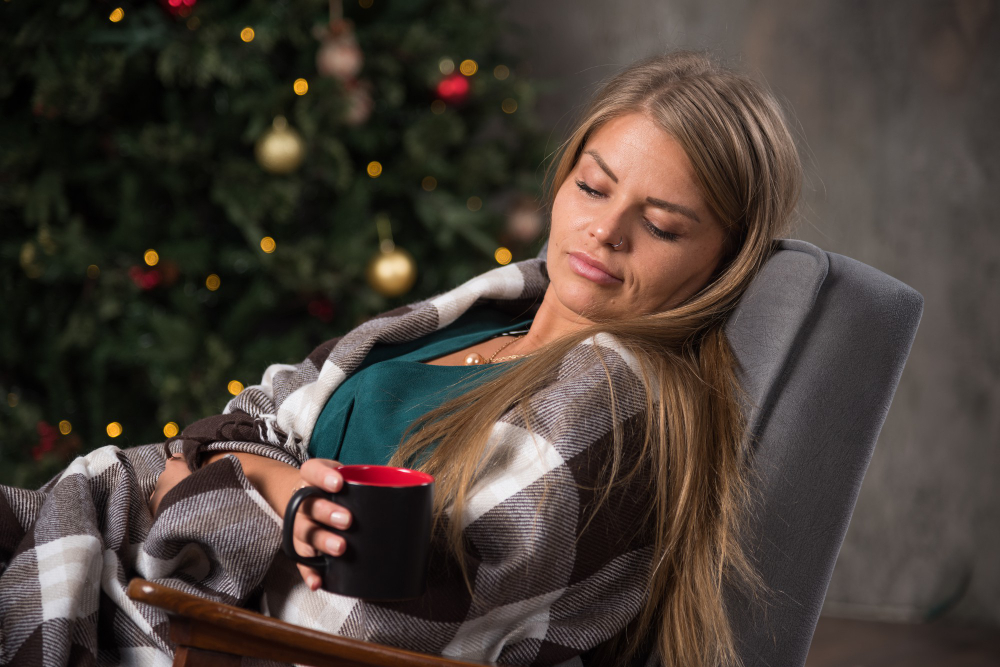
According to Marketdata LLC, the self-improvement industry in the U.S. will be valued at $13.2 billion by 2022. Yet among all those self-care best sellers and celebrated self-help gurus, sleep is a topic that is too often overlooked. But you can better yourself through better sleep, and these 5 tips for sleeping better can get you started.
The Power of Positive Sleeping
Quality sleep can make all the difference in your life. Sleep is vital for your brain to store memories. It’s when your body rejuvenates tissue and allows your immune system to fight off diseases. It even helps you have better control of your emotions. So before you do anything, take the time to see if you have any bad sleeping habits you need to break and discover the importance of a good night’s sleep. You deserve it.
Awaken the Sleeper Within
“The key to better sleep lies within each one of us,” says Mary Helen Rogers, vice president of marketing and communications for the Better Sleep Council. “When sleep goes awry, it can feel like you have no control. But people may not realize how much influence they can have over their own sleep.”
You can become a better sleeper by using some self-regulated, sleep-improvement tips like these:
- Pay attention to what you’re doing after 4 p.m. Taking naps, drinking caffeinated beverages, exercising and even taking decongestants late in the day can make falling asleep more difficult. Try limiting your caffeine intake to the morning only so your body has time to digest it before you hit the hay.
- Yawning? That’s your body telling you it’s time to hit the sack. Go to bed at the first sign you’re feeling tired. You’re more likely to fall asleep quickly. Sounds simple. But think of how many times you’ve fought to keep your eyes open watching a late-night movie only to lay wide awake in bed once you finally do turn in.
- Set the scene for sleep. Make your bed a sanctuary for sleep and sex only. No screen time. No planning tomorrow’s calendar. No stressful situations. You can do a lot with the physical space of your bedroom to promote better sleep too. Keep it quiet. Keep it dark. Keep it cool – ideally 60-67°
- End your alarm clock obsession. Watching hours go by as you lie awake only adds to the frustration and anxiety of insomnia. (In fact, those feelings can perpetuate your sleeplessness.) Consider placing your alarm clock far enough away from your bed, so you’re not easily tempted to constantly check it in the middle of the night.
- Realize when it’s not working. If you still find yourself in bed tossing and turning, do a reset. Get out of bed and into a relaxing activity, like reading, meditating or yoga, until you feel sleepy again.
Habits of Highly Effective Sleepers
Like many things in life, you’re looking to turn quality sleep into a habit. So be consistent in your efforts. Establish a consistent bedtime to regulate your body clock. Incorporate these self-care strategies into your daily sleep routine. Soon falling asleep will become easier and your slumber will be more rejuvenating.
“It’s often just a matter of being more dedicated and disciplined about how we approach our sleep,” added Rogers.
Zen and the Art of Sleep Maintenance
Finally, don’t let your mattress work against you and all your self-care efforts. Consider the age and condition of your mattress (and your pillows too). Maybe it’s worn. Maybe it’s not the right one for you altogether. Getting the correct fit, feel and level of support can be the single, most-effective thing you can do to improve your sleep.
Get woke about your sleep. Discover how a little self-care can go a long way to getting a better night’s rest with @BetterSleepOrg’s tips. #BSCSleepTipsSources:
- https://blog.marketresearch.com/the-10-billion-self-improvement-market-adjusts-to-new-generation
- https://www.psycom.net/how-to-improve-sleep
- https://www.psychologytoday.com/us/blog/prescriptions-life/201105/7-simple-ways-get-more-sleep
This blog provides general information about sleep and sleep products. The words and other content provided in this blog, and in any linked materials, are not intended to replace a one-on-one relationship with a qualified heath care professional. This blog should not be construed as medical advice or used to diagnose, treat, prevent or cure any disease or condition. If the reader or any other person has a medical concern, he or she should consult with an appropriately-licensed physician or other health care professional. This blog is not a substitute for professional medical advice, diagnosis or treatment, and should not be relied upon to make decisions about your health or the health of others. Never disregard professional medical advice or delay in seeking it because of something you have read on this blog or elsewhere on bettersleep.org. If you think you may have a medical emergency, immediately call your doctor or dial 911



